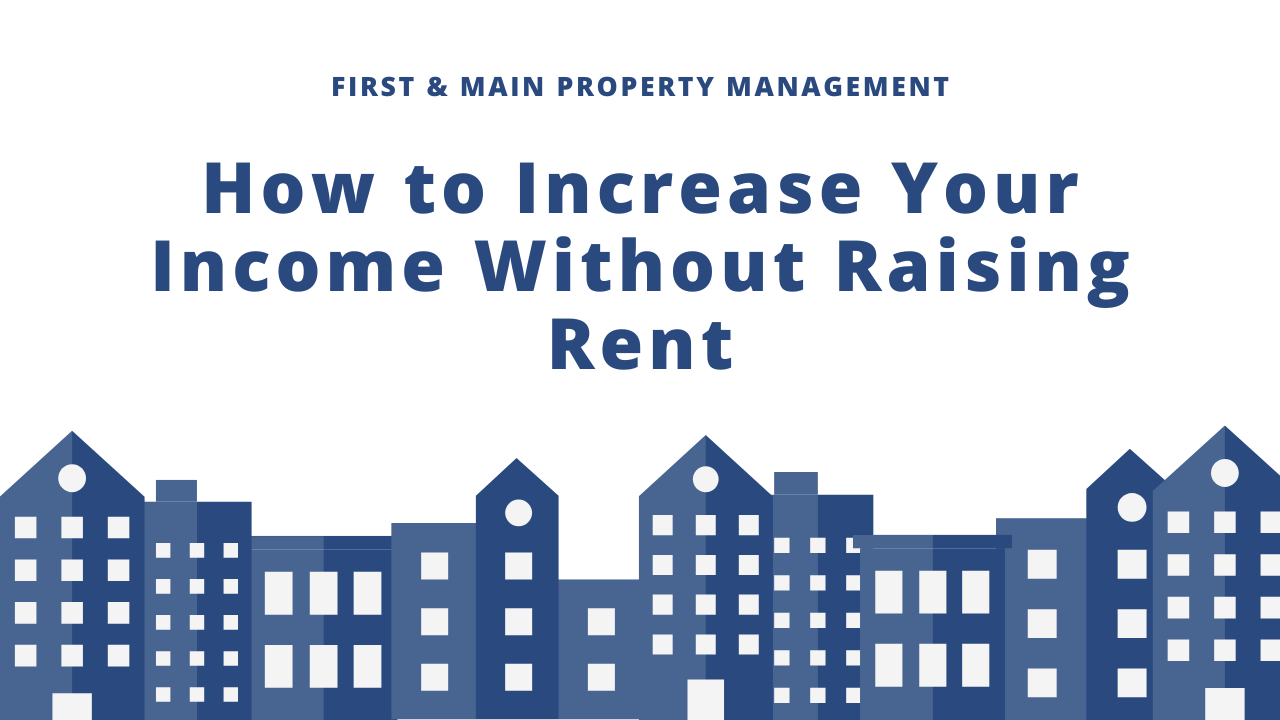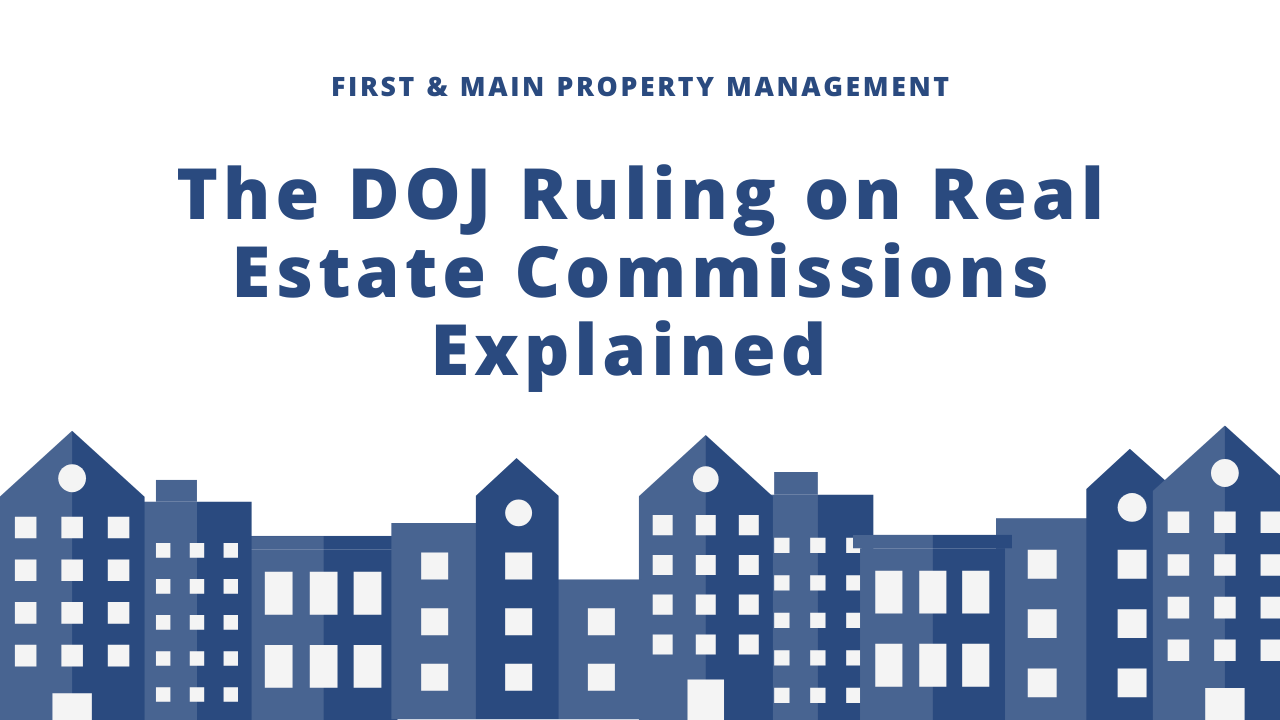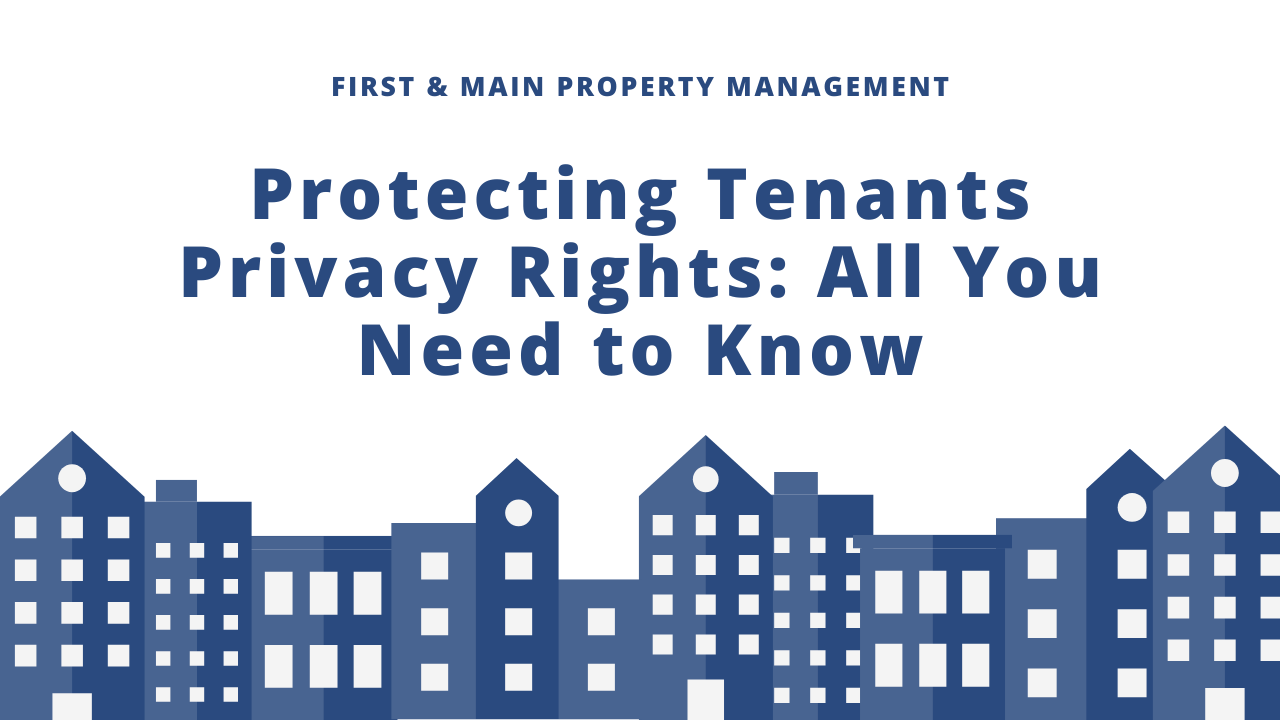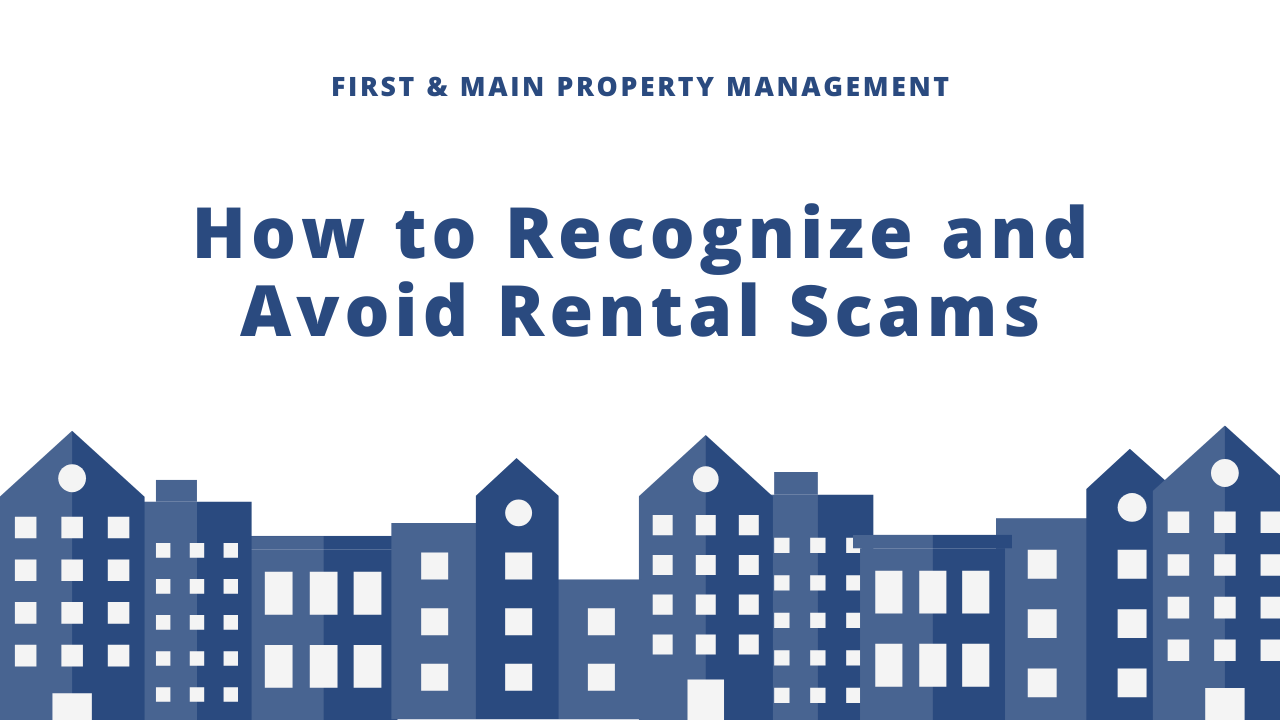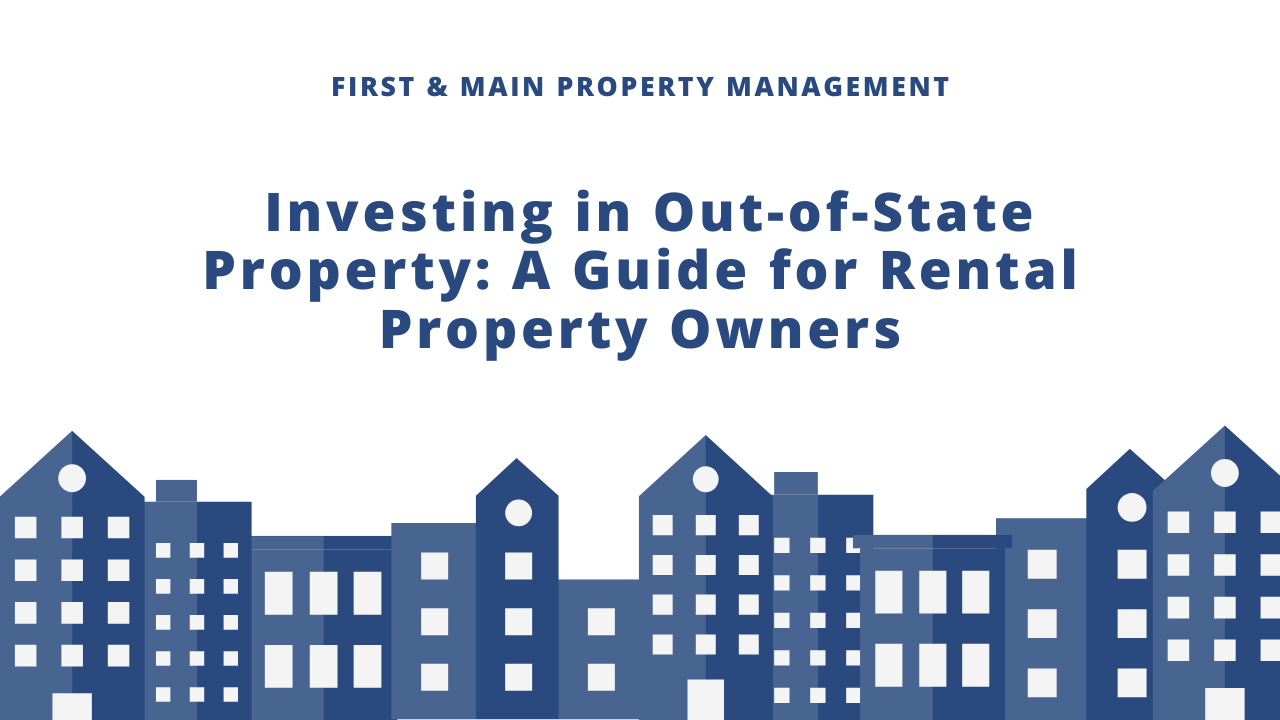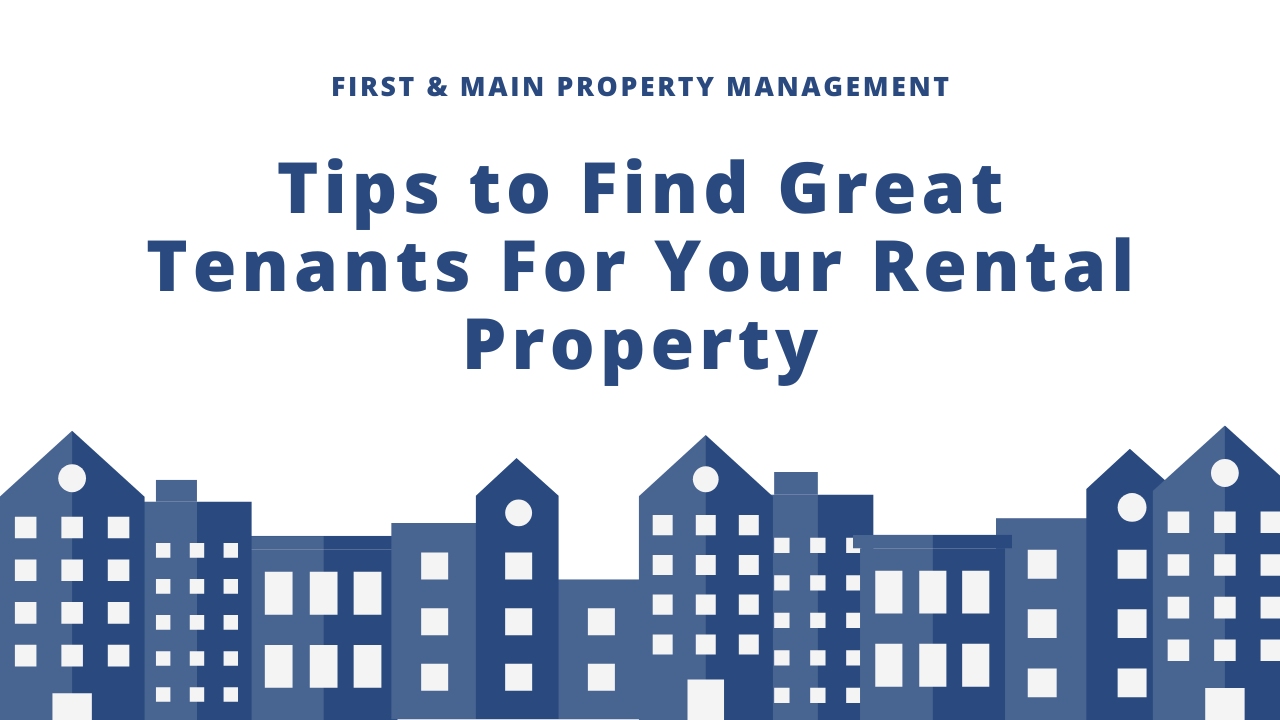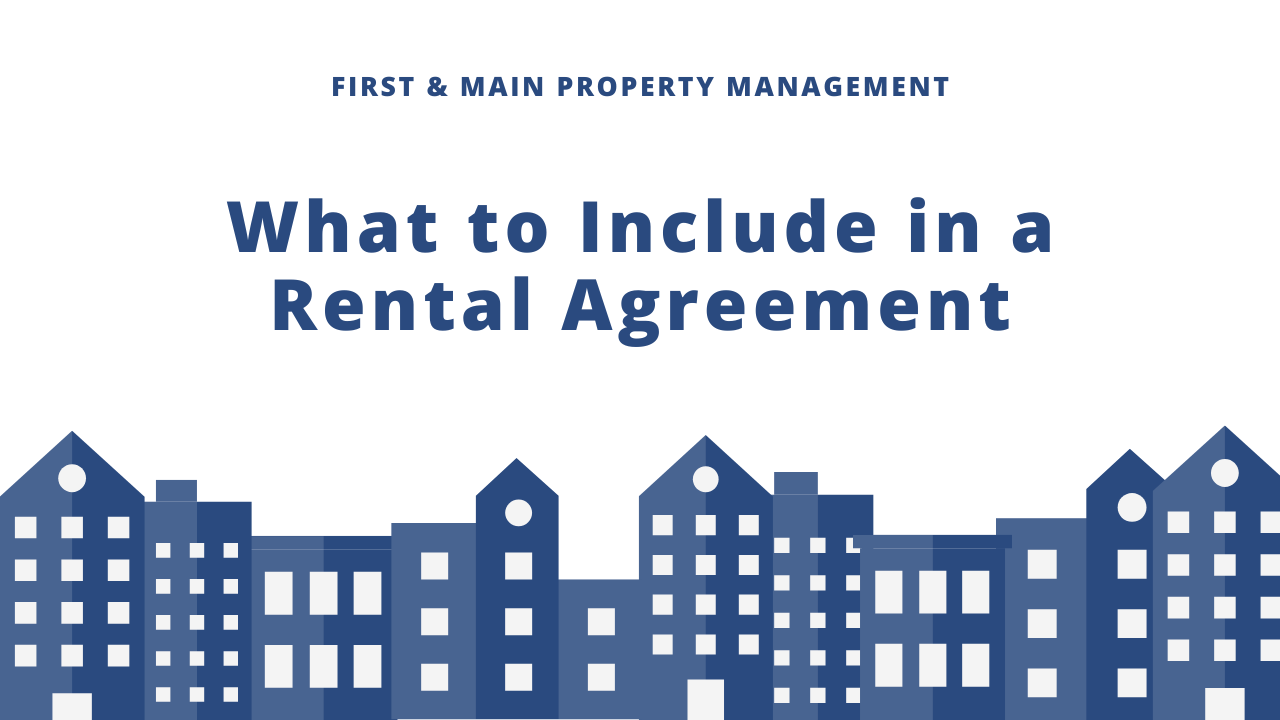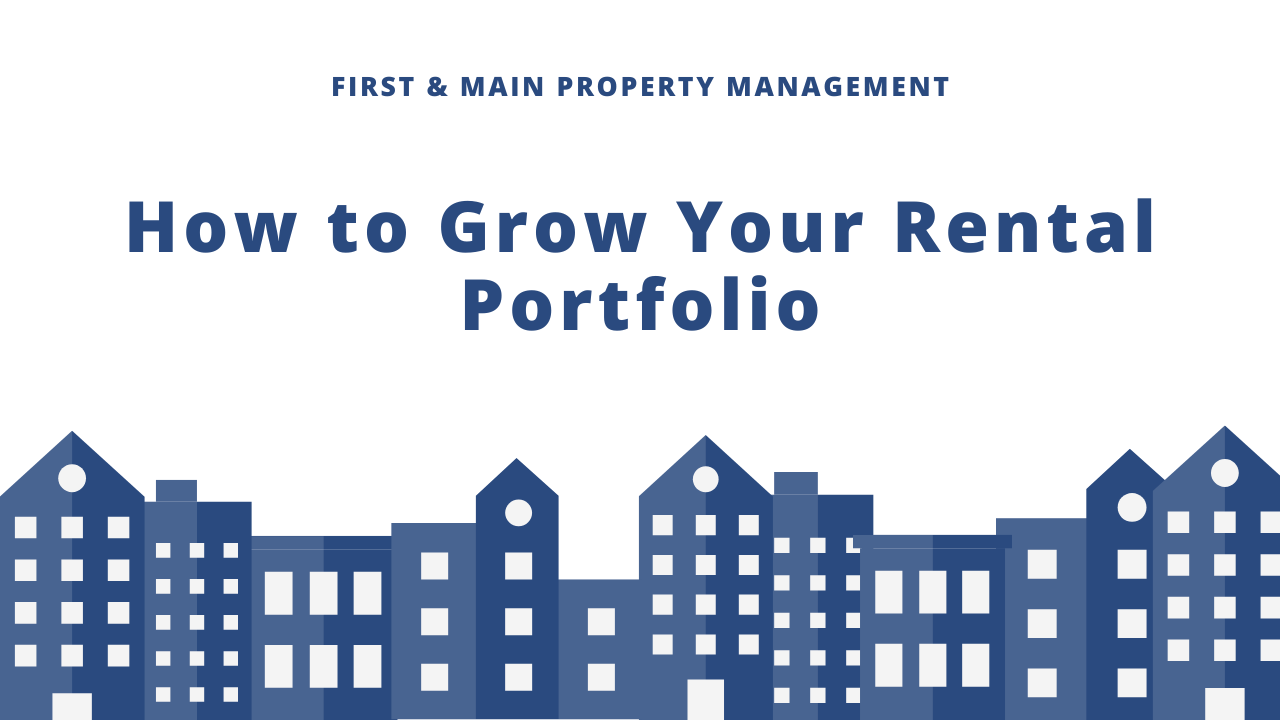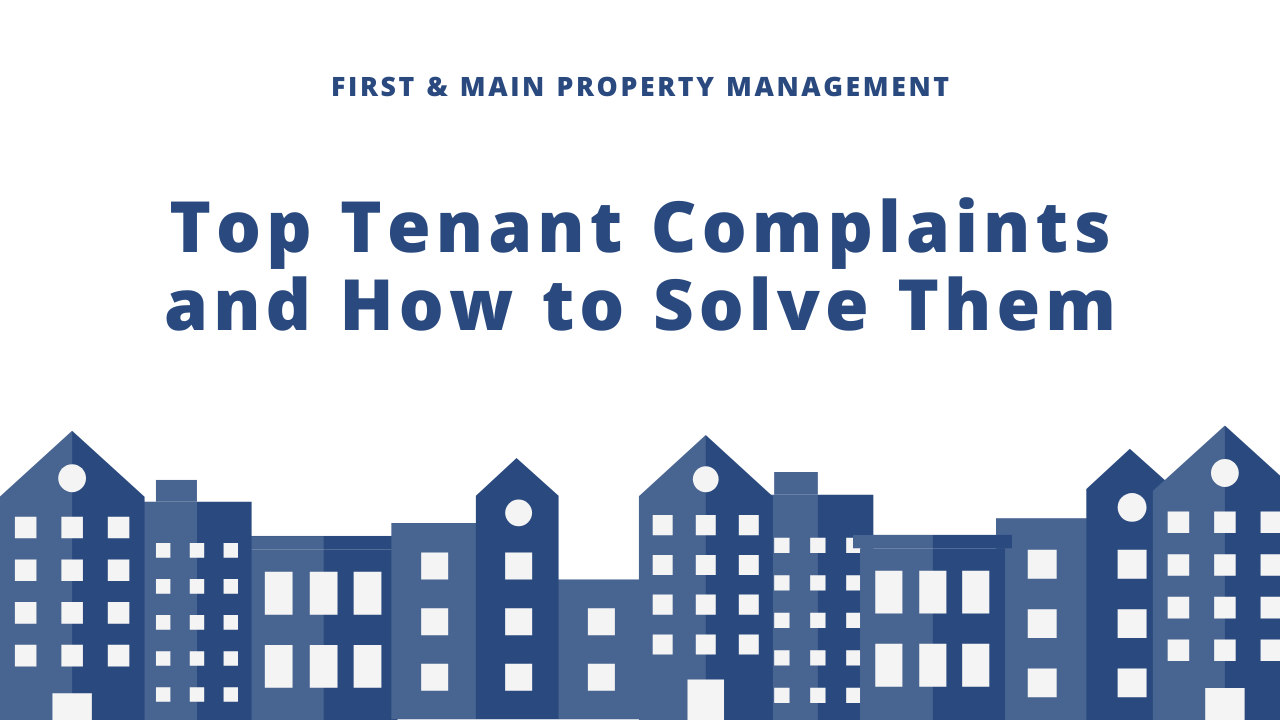What to Do With a Tenant’s Possessions After an Eviction?
As a landlord, it's never easy to go through the eviction process and evict a tenant in a holdover situation. Sometimes, however, it's necessary to protect your property and your business.
When you've gone through the eviction process and legally removed your tenant from the property, you might be left wondering what to do with their personal property. It's a sensitive situation, and you want to handle it with care and professionalism.
In this article, we'll discuss what to do with a tenant's possessions after the eviction process, including legal requirements, practical considerations, and tips for communicating with your former tenant.
Understanding the Legal Requirements
Firstly, it's important to understand the legal requirements around handling a tenant's belongings. In most cases, you'll need to give the tenant notice of when they need to collect their belongings and provide them with a reasonable amount of time to do so.
What to Include in the Notice
The notice that a landlord gives to a tenant for picking up their belongings after an eviction should include specific information such as:
- The date the tenant must collect their belongings by.
- The specific location where the tenant can collect their belongings.
- Contact information for the landlord or property management to arrange a time for collection.
- A statement that any belongings left after the specified date will be considered abandoned and may be disposed of.
- Any applicable storage costs or moving fees that the tenant will be responsible for.
- The tenant's right to contest any storage or moving fees, and instructions on how to do so.
- A statement indicating that the tenant must collect all their belongings, including any items stored on the property or in common areas.

This time frame about the belongings can vary depending on your state's laws and the specific circumstances of the eviction, so it's worth checking with local authorities or a legal professional.
Once you've given the tenant a written notice to reclaim their property, it's important to give them clear instructions on how and when to collect the personal property left in the rental unit. You can either arrange a time for them to pick up their items or provide them with access to the property to collect their belongings themselves.
If the tenant doesn't respond or doesn't collect their belongings from the rental unit within the specified time frame, you may be able to sell or dispose of their abandoned property. Again, it's essential to check the legal requirements in California before taking any action.
Handling a Tenant’s Possessions With Care
When dealing with tenants belongings, it's important to handle them with care and respect. You don't want to damage or lose any of their belongings, and you want to ensure that you're following the law and treating the tenant fairly.
You might consider hiring a professional moving or storage company to help you pack and transport the tenant's items if they have a lot of belongings or if there are valuable or fragile items that need to be handled with care.
Storing a Tenant’s Belongings
If the evicted tenants are unable to collect their belongings immediately, you may need to store their items temporarily. You can either store the items on the property or rent a storage unit.

Keep in mind, however, that you'll be responsible for any costs associated with storing the tenant's belongings, and you may need to provide evidence that you've made a reasonable effort to contact the tenant and arrange for them to collect their items.
Give the Tenant a Chance to Retrieve Their Belongings
By giving evicted tenants a chance to retrieve their personal property left behind, landlords can reduce the risk of legal action being taken against them for lost or damaged property.
It's usually not difficult to provide tenants with an opportunity to collect their items, and in most cases, the tenant will be responsible for any associated costs, such as storage or moving costs.
This approach can help to avoid potential conflicts and ensure a smooth transition for both parties. In California, a landlord must wait for 18 days before disposing of or selling tenant belongings.
Communicating With the Tenant
When it comes to communicating with the tenant, it's important to be clear and respectful. You don't want to create any unnecessary tension or conflict, especially if local law enforcement had to remove the tenant from the rental property. You want to ensure that the tenant understands their rights and responsibilities.
Make sure to provide them with clear instructions and contact information, and be available to answer any questions or concerns they may have.
It’s worth considering the emotional impact of eviction on both you and the tenant. Eviction can be a traumatic and stressful experience, and it's important to be empathetic and understanding about the belongings of a tenant.

You might consider offering support or resources to help the tenant find a new place to live or connect with social services.
Bottom Line
Handling a tenant’s property after an eviction can be a challenging and complex process. By following the legal requirements, ensuring safety and security, and communicating clearly with the tenant, landlords can minimize any potential conflicts and legal issues.
If you're feeling overwhelmed by the task of evicting a tenant, hiring a reputable property management company can be a great solution.
At First & Main Property Management, we have years of experience handling evictions and can help you navigate the process while ensuring compliance with all applicable laws and regulations.
Contact us today to learn more about our services and how we can assist you with all your property management needs!

